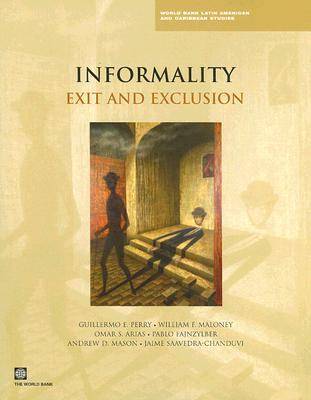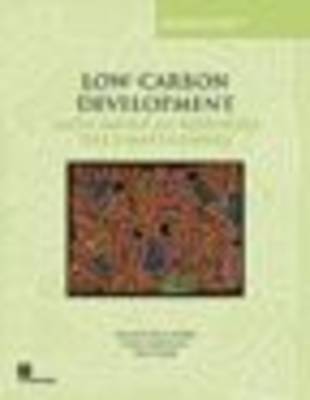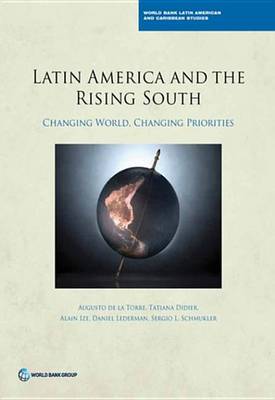World Bank Latin American and Caribbean Studies
3 total works
Informality
by Guillermo Perry, Omar S Arias, Pablo Fajnzylber, William F Maloney, Andrew Mason, and Jaime Saavedra Chanduvi
Published 16 May 2007
Informality: Exit and Exclusion analyzes informality in Latin America, exploring root causes and reasons for and implications of its growth. The authors use two distinct but complementary lenses: informality driven by ""exclusion"" from state benefits or the circuits of the modern economy, and driven by voluntary ""exit"" decisions resulting from private cost-benefit calculations that lead workers and firms to opt out of formal institutions. They find both lenses have considerable explanatory power to understand the causes and consequences of informality in the region.""Informality: Exit and Exclusion"" concludes that reducing informality levels and overcoming the ""culture of informality"" will require actions to increase aggregate productivity in the economy, reform poorly designed regulations and social policies, and increase the legitimacy of the state by improving the quality and fairness of state institutions and policies. Although the study focuses on Latin America, its analysis, approach, and conclusions are relevant for all developing countries.""
Informality: Exit and Exclusion"" will be of value to professionals and academics studying labor market, social protection, tax, microenterprise development, and urban public policies, and to those working in government, international organizations, research institutions, and universities.
Informality: Exit and Exclusion"" will be of value to professionals and academics studying labor market, social protection, tax, microenterprise development, and urban public policies, and to those working in government, international organizations, research institutions, and universities.
Low-carbon Development
by Augusto de la Torre, Pablo Fajnzylber, and John Nash
Published 6 October 2009
This book, the companion volume to 'Low Carbon, High Growth: Latin American Responses to Climate Change', examines some of the major threats posed by climate change to the region's economies, societies, and biodiversity. It describes the patterns of greenhouse gas emissions in the Latin America and Caribbean region and in specific countries, finding that the future trajectory could be increases in emissions relative to other regions. 'Low-Carbon Development' explains why it is in the region's best interest to participate actively in global efforts to reduce emissions and what type of global climate change architecture could allow the countries to make their most effective contributions. Finally, the book lays out an agenda for domestic policies and investments to help the countries adapt to climate change while reducing their emissions profiles. It will be useful to policy makers, civil society organizations, and researchers working in climate change.


